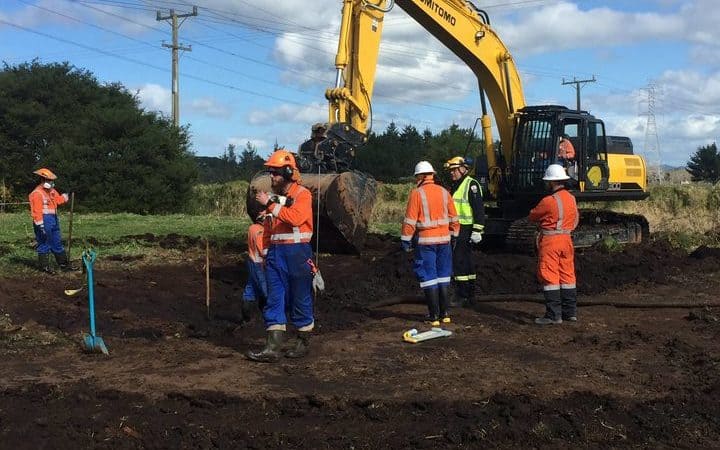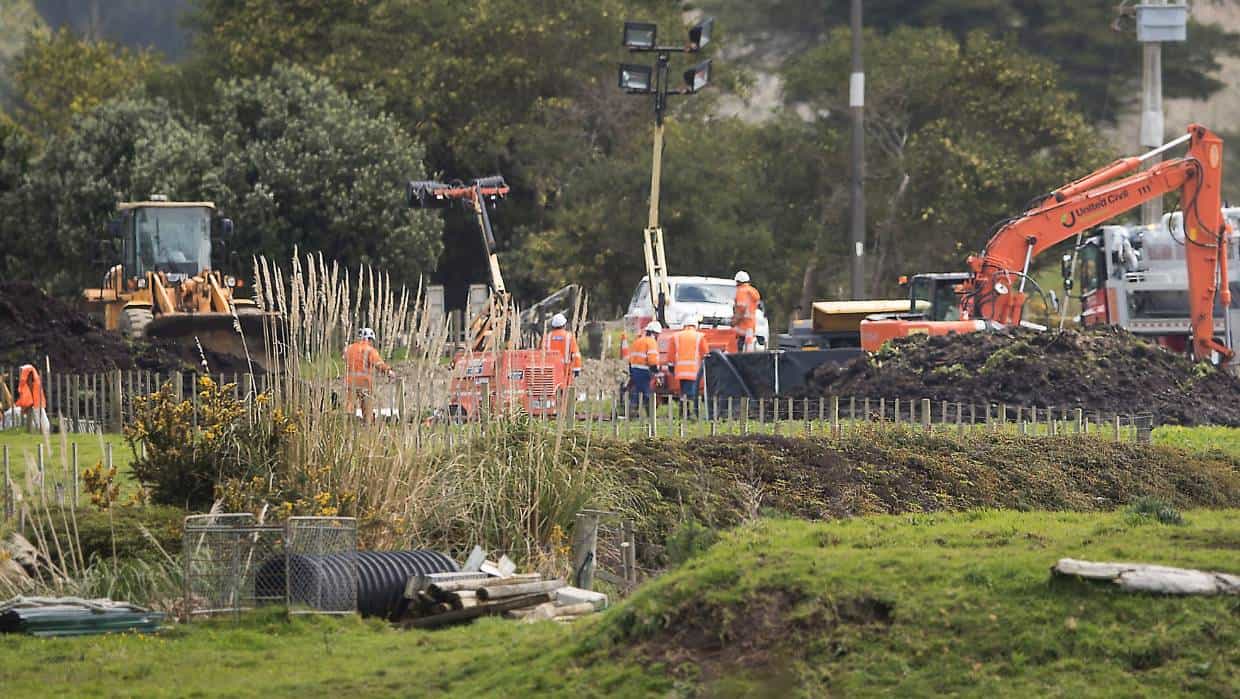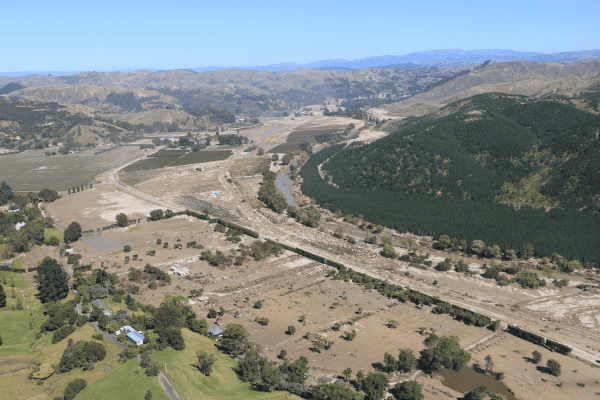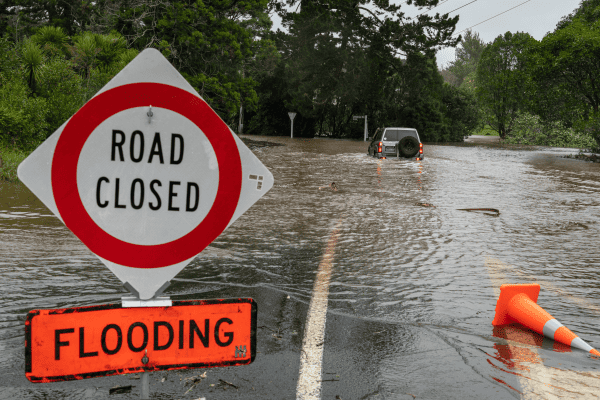Challenge research used in
fuel security report
13/02/20
By Dr Nicola McDonald, Market Economics
In September 2017, the pipeline that distributes petroleum-based fuels from Marsden Point Oil Refinery to Auckland ruptured, halting the delivery of fuels into Auckland for 10 days and instigating a major rationing response for jet fuel usage at Auckland Airport, with significant disruption to air transport. This incident was not unforeseen: as part of repeated reviews of the nation’s fuel security the government had previously commissioned compilation of a set of potential supply disruption ‘scenarios’ to inform resilience planning. A pipeline disruption of the type and duration of the 2017 event had indeed been considered among these scenarios.

To assist the government in further resilience planning, and to provide information to support the ensuing Government Inquiry into the Auckland Fuel Supply Disruption, ME Research (assisted by Resilient Organisations) was commissioned to undertake an analysis of the economic consequences of the fuel supply disruption scenarios, including consideration of the benefits of investing in mitigation measures such as additional storage facilities. Although economic analyses of the disruption scenarios had been undertaken previously, this study was unique in that it utilised a systems-based approach involving the identification of cascading consequences of fuel disruptions and utilised MERIT (Measuring the Economics of Resilient Infrastructure Tool), a decision support system that has been partly developed and extended within the Resilience Challenge. The final report Economics of Fuel Supply Disruptions and Mitigations considered five of the disruption scenarios, focusing particularly on those that would impact the Auckland region.[1] The report also provided commentary on how this type of scenario-based analyses might sit within a policy/planning framework and the points of difference between the economic modelling and common cost-benefit type approaches.
The Inquiry Members drew on the findings of this report, in particular noting limitations in the application of cost-benefit analysis to evaluate ‘resilience’ investments. The Inquiry Members also noted the report’s findings that the main contributions of scenario-based economic impact analyses are to (1) reduce uncertainty by helping to explore the causes, effects, and potential outcomes of disruption events; and (2) provide a common focus for debate on the appropriate level of societal investment in mitigation steps. Various measures to improve Auckland’s fuel security were suggested by the Inquiry Members. [2]




